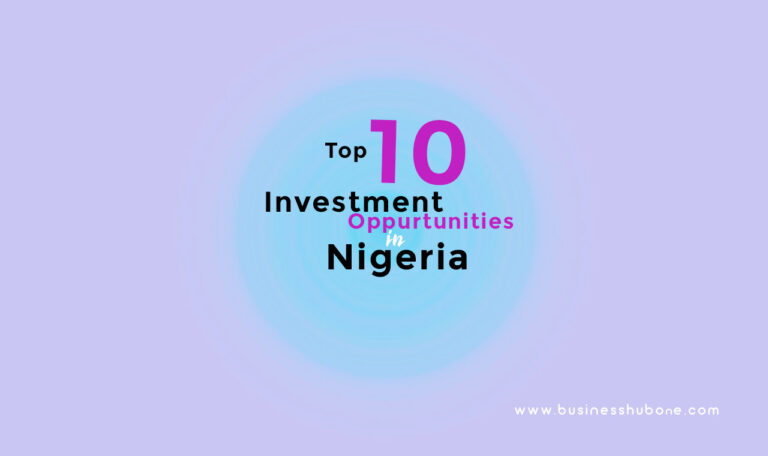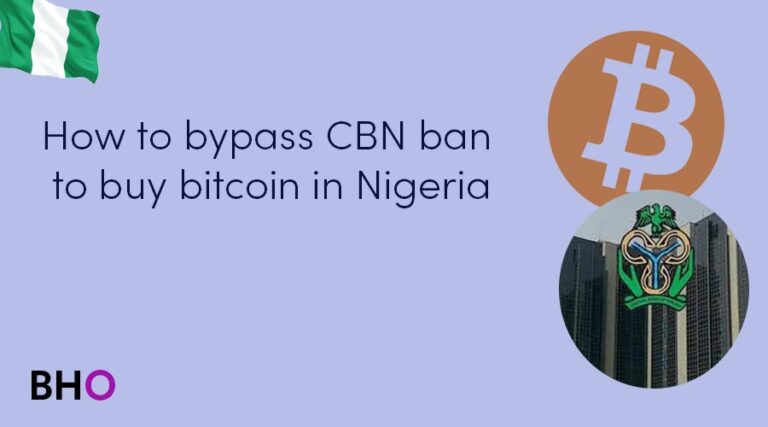Hinderances to Business in Emerging markets: Nigeria’s Power Sector case study
It’s 9am in this part of the world and there is no power, in fact in the past three days there has only been power for less than 20hrs!
This post considers a typical company looking to invest in Nigeria’s power sector.
Case study Company: Business Hub One Inc.(BHO Inc.)
Country: Nigeria
Sector: Energy (Renewable)
BHO Inc. is a multinational corporation with a particular interest in the energy sector
For the past year it has sent scouts and officials to probe the investment landscape of Nigeria. In order to make the best decision as regards doing business in the energy sector.
In the long run, it concluded that it was going to do business in the RENEWABLE ENERGY sector as this ensures our investment is in line with ESG investing and has a considerable impact to be referred to as an impact investment.
Energy is equally as important as other factors of production such as land, labor, and capital because of its significance on economic growth! (European Commission, 1993).
According to World Bank group data, Nigeria is a lower middle-income country with a population of 195 million people (2018).
This is a fact-based case for re-thinking the Nigeria’s power sector
Table of Contents
The Nigeria Power sector
Nigeria Electric power authority- NEPA’s installed power generating capacity totals over 5000MW and made up of 8 generating stations, 28 major power transmitting stations and45 distributing districts (Okoro, 1999).
The generating stations are three hydro-based stations at Kanji, Jebba and Shiroro with a combined capacity of 1930MW, and five thermal stations at Afam, Sapele, Egbin, Ughelli and Ijora with a combined capacity of about 3708MW.
However, much of this capacity is nonoperational or operates at sub-optimal levels. Thus actual power generation is typically between 1500 and 2500 MW, the current actual output is a mere 1400MW, at least, 1000MW short of the recorded peak demand in the country put at between 2400 and3000 MW in 1999 (Akarakiri, 1999; Kasali, 1999)
Nigeria’s source of electricity is diverse and predominantly dependent on fossil fuels which accounts for over 64% of the main grid electricity, this creates a very large carbon footprint which is detrimental to the air quality of the nation and the world climate. Nigeria’s carbon emissions stand at 0.546 in 2018 according to world bank data
The Challenge
Overall, the Nigerian electricity sector, like the general energy sector, is underdeveloped and characterized by shortages and supply constraints (Ebohon, 1992).
The power sector is also characterized by high energy system losses to the tune of 30–35% from generation to billing (Turkson and Wohlgemuth, 2001), a low collection rate in the range 75–80%, and low access to electricity by the populace (WorldBank, 2001c).
Business model
BHO Inc would be fosussed on renewable energy inform of Solar and wind energy with bias towards semi-urban electrification to ensure maximum impact.
It wil be a green field investment , as the existing infrastructure is corrupted and laden with gross inefficiency.
Solar farms in the Northern part of the country will be the starting platform for the investment.
Significant Problems
The power sector is also characterized by high energy system losses to the tune of 30–35% from generation to billing (Turkson and Wohlgemuth, 2001), a low collection rate in the range 75–80%, and low access to electricity by the populace (WorldBank, 2001c).
Energy efficiency
The existing infrastructure suffers about 30% lossfrom generation to billing, this results in the decision of
the renewable power to develop its own distribution infrastructure and stay off the central grid system.
Energy access
Energy access is limited in the new areas the ever-expanding population is spreading to, a case study of a semi-rural area in Osogbo, Osun State Nigeria showed that the area was not connected to the national grid for another 10 years after an active settlement has been established there.
This will be tackled effectively by the flexibility of Solar power.
Political instability
Nigerias political landscape is laden with drama resulting in inconsistency in policy, the current administration has demonstrated considerable laxity in providing policies that foster either impact investing or investing of any sort.
Solution
The renewable energy would operate in relatively new areas and would be accompanied with self service terminals where payment can be made easily on a prepaid basis. The cost is projected to be 20% less than the conventional grid in the first three years and go to as low as 50% in subsequent years.
Nigeria as a very large economy and population would provide a fertile ground for scaling this idea and in 5 years we could sustainable electricity for about 200 million people.
Impact
The investment is intended to provide the capital to develop an extensive renewable energy project that aims to reduce its 64% DEPENDENCE on fossil fuel by 10% annually. This will create a minimum of 3000 local jobs and connect nothing less than 500,000 people to reliable power supply for their businesses and homes







